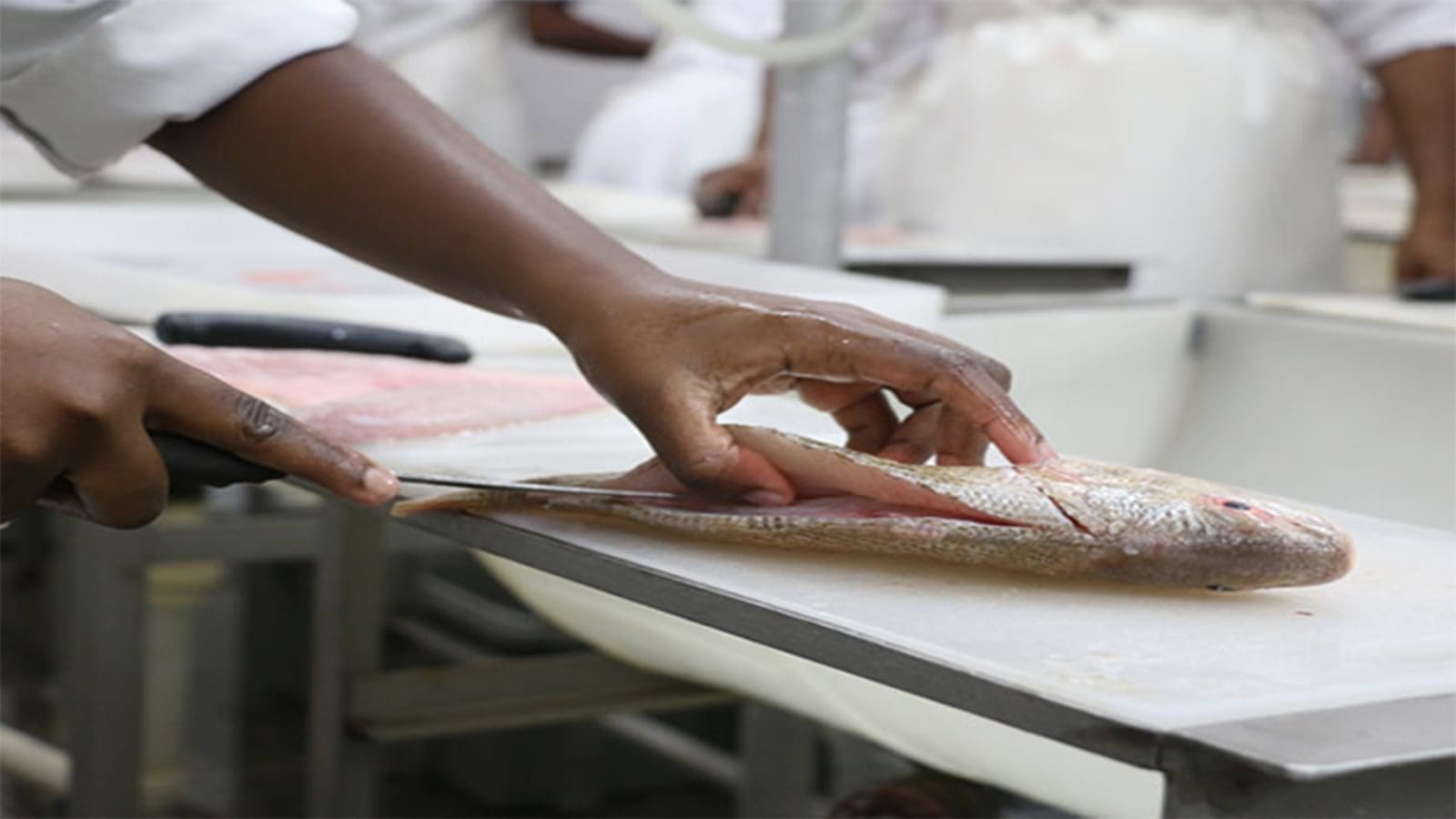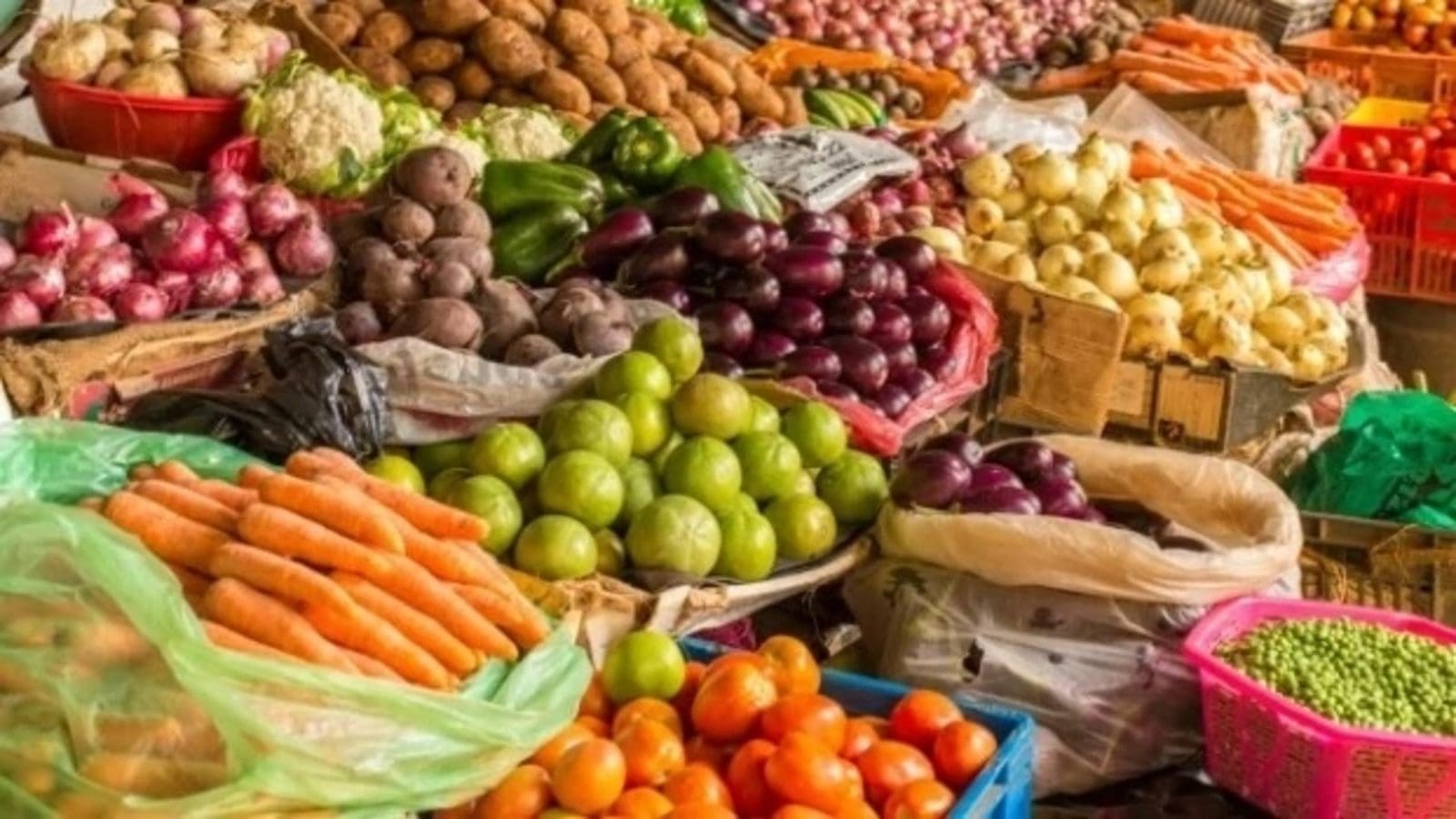LIBERIA – The Food and Agriculture Organization (FAO) has partnered with the Liberian Government to end unhygienic fish handling and processing by empowering fishmongers and processors with the requisite knowledge to safely manage fish products in line with global standards.
Under the project, “The Livelihood Empowerment for Women in Small-scale Fisheries During and After COVID-19,” FAO, working with the National Fishery and Aqua-cultural Authority (NAAFA), trained over 30 fishmongers and fish processor associations on “improved fish handling and processing best practices.”
Fishmongers and processors can raise the value and quality of their products, expand their market reach, and increase their financial gain by handling their fish hygienically and developing their processing (drying) techniques, says FAO.
Participants in the training, which promoted the use of contemporary fish processing technologies and adherence to COVID-19 measures as part of a FAO project funded by the Japanese Government, included government officials, members of civil society, fishing community leaders, and journalists.
According to Octavius Quarbo, FAO Assistant Representative for Programmes, although Liberian fishmongers and processors handle and process fish, their procedures might not be up to the required international standards to increase the value of the country’s fish products.
Speaking on behalf of Mariatou Njie, the FAO representative in Liberia, Mr. Quarbo said the training is the first of several that the organization plans to conduct on improved fish processing methods for fish mongers, processors, and other players in the fishery industry.
Mr. William Boeh, Deputy Director General for Technical Services at NAAFA, speaking on behalf of the Director General of the National Fishery and Aquaculture Authority, urged the participants to gain the knowledge necessary to promote the hygienic handling of fish and make use of the improved processing technologies.
He requested that the FAO and its partners make sure that the participants have the necessary knowledge to enable them to disseminate the proper information on improved fish handling and processing techniques to others in their respective communities, associations, organizations, and agencies.
Speaking on behalf of the trainees, Madam Annette Johnson said the training was beneficial because it stressed the significance of handling and processing fish safely as well as the benefits of doing so, including improved health and increased profits.
The head of AWFISHNET-Liberia, Madam Johnson, praised the FAO, NAAFA, and the People of Japan for hosting the workshop and sponsoring the initiative.
AWFISHNET is the African Union Fish Processing Network, established in April 2017 with membership from African Union States.
The National Training Center for Fisheries and Aquaculture Technicians (CNFTPA) and FAO collaborated to create the FTT, a new technique with significant benefits for participants in the fisheries supply chain. The standard processing techniques in Liberia have negative health effects on both processors and consumers.
Polycyclic aromatic hydrocarbons (PAHs), which are recognized to have the potential to cause cancer, are the greatest threat.
Furthermore, the metal drums used for smoking frequently have sharp edges that might harm the processor.
For all the latest food safety news from Africa and the World, subscribe to our NEWSLETTER, follow us on Twitter and LinkedIn, like us on Facebook and subscribe to our YouTube channel.








